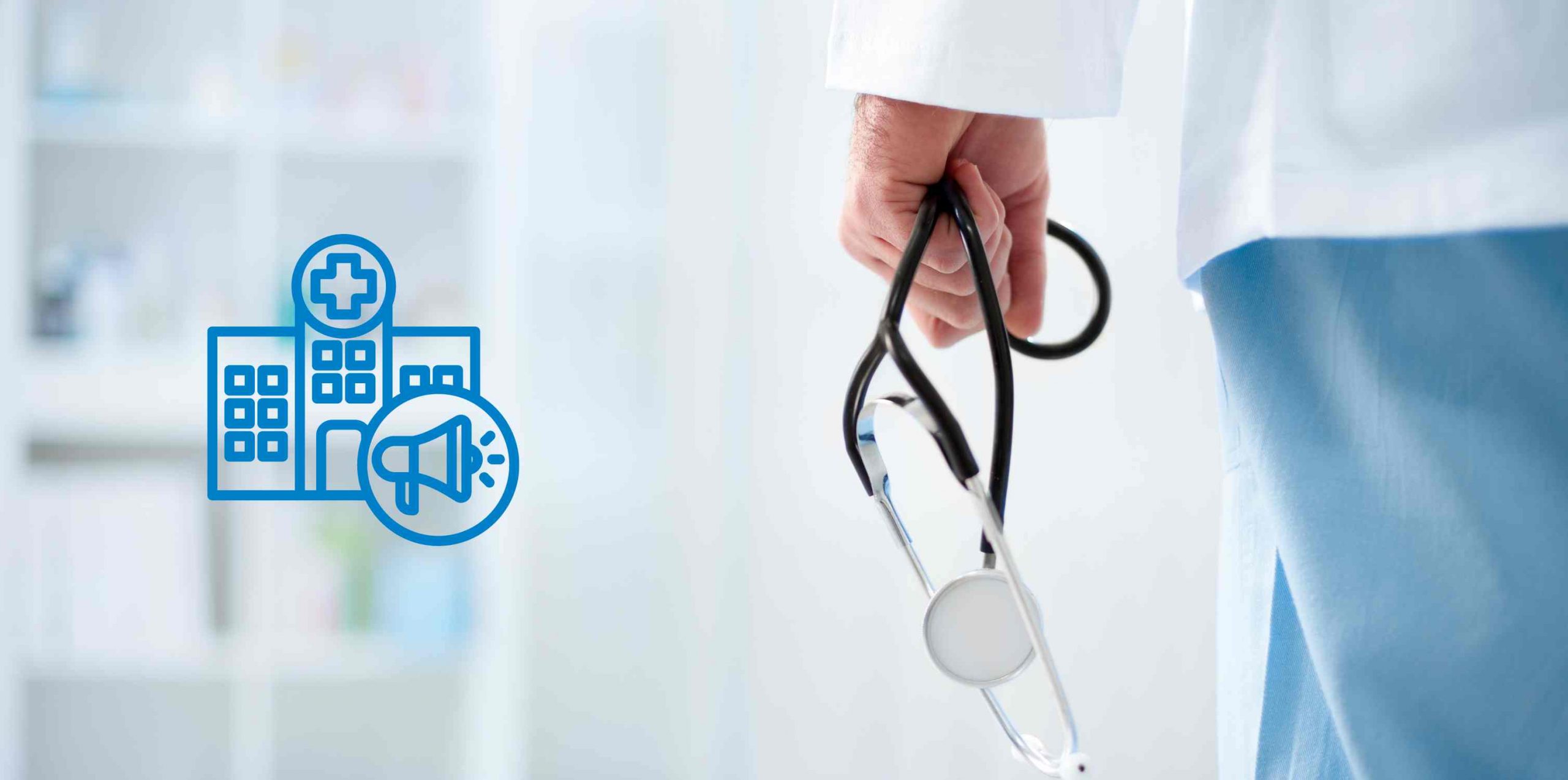Introduction
Patient Satisfaction: A Priority in Healthcare Excellence
The Metrics of Satisfaction: What Data Tells Us
The Human Touch: Empathy Measured and Delivered
The Data-Driven Approach to Personalized Care
Case in Point: Predictive Personalization
The Outcomes of Tailored Treatment
The Proactive Potential of Predictive Analytics
Feedback Loops: The Heartbeat of Continuous Improvement
Communication: The Data-Enhanced Dialogue
Operational Efficiency: The Backbone of Satisfaction
Conclusion
Introduction
The Critical Intersection of Data Analytics and Patient Satisfaction in Healthcare
In the modern healthcare ecosystem, patient satisfaction has transitioned from a passive metric to a critical benchmark for hospital success. The emergence of sophisticated data analytics has empowered healthcare providers to dissect, understand, and enhance patient experiences in unprecedented ways. In this detailed exploration, we will delve into the multifaceted impact of data on patient satisfaction, underpinned by statistical insights and real-world applications.
Patient Satisfaction: A Priority in Healthcare Excellence
Patient satisfaction is an integral component of healthcare quality. Hospitals with strong patient satisfaction scores have reported lower readmission rates and more profitability, per a Press Ganey analysis. Additionally, a study that was published in the “Journal of Hospital Medicine” discovered a 1.2% rise in hospital revenue for every 1% increase in patient satisfaction levels. For example, the ‘Institute of Medicine’ has stated that a customized approach to patient education on medication management can result in a 30% decrease in medication errors. This promotes the patient’s experience of being cared for, enhancing satisfaction in addition to improving clinical outcomes.
The Metrics of Satisfaction: What Data Tells Us
Hospitals traditionally relied on anecdotal evidence to gauge patient satisfaction. Today, robust metrics derived from HCAHPS (Hospital Consumer Assessment of Healthcare Providers and Systems) surveys provide a standardized data set that reflects the patient’s voice. These metrics include communication with nurses and doctors, the responsiveness of hospital staff, and the cleanliness and quietness of the hospital environment.
The Human Touch: Empathy Measured and Delivered
It’s not just about the tangibles. A paper in the ‘Patient Experience Journal’ emphasized that expressions of empathy correlate with higher patient satisfaction. Data analytics helps hospitals to track and train staff in soft skills, leading to a more empathetic care approach, which is now measurable through patient feedback.
The Data-Driven Approach to Personalized Care
Personalization is at the heart of contemporary patient care strategies. EHRs are not just digital records but treasure troves of data that, when analyzed, reveal patient preferences, behaviors, and needs.
Case in Point: Predictive Personalization
A study in the ‘Journal of Biomedical Informatics’ highlighted how predictive analytics could anticipate patients’ future health events with an accuracy of over 80%. By analyzing past admissions, demographic data, and even social determinants of health, hospitals can personalize patient interactions and interventions, significantly boosting satisfaction.
The Outcomes of Tailored Treatment
When treatment is personalized using data, the results are palpable. For example, according to the “Institute of Medicine,” a customized approach to patient education on medication management can result in a 30% decrease in medication errors. This boosts patient satisfaction by enhancing not only clinical outcomes but also the patient’s perception of being cared for.
The Proactive Potential of Predictive Analytics
Predictive analytics isn’t just about avoiding adverse events; it’s about anticipating patient centric marketing needs before they even arise.
Preventive Care: A Predictive Success Story
The use of predictive models in identifying patients at risk of chronic diseases has led to the implementation of preemptive care plans. A BMC Medical Informatics and Decision-Making study showed that such interventions could reduce emergency department visits by 10%.
Satisfaction in Anticipation
By predicting and addressing potential health issues, hospitals convey a message of attentiveness and commitment to the patient’s well-being. This proactive stance is a significant driver of patient engagement, as it reassures patients that their health is in vigilant hands.
Feedback Loops: The Heartbeat of Continuous Improvement
The value of feedback in healthcare cannot be overstated. Continuous data collection creates an ecosystem of perpetual improvement, aligning services more closely with patient expectations.
Real-Time Feedback: The New Norm
Implementing real-time feedback systems has allowed for immediate service recovery. A study in ‘The Service Industries Journal’ found that addressing patient complaints in real time could improve patient satisfaction scores by up to 50%.
The Cycle of Satisfaction
Continuous feedback loops mean that patient satisfaction is never a static metric. Instead, it evolves with each interaction, guiding hospitals to refine their services iteratively.
Communication: The Data-Enhanced Dialogue
Effective communication is a cornerstone of patient satisfaction. Data analytics provides insights into communication breakdowns and successes within the patient journey.
Bridging the Communication Gap
Research in the ‘Journal of Communication in Healthcare’ found that hospitals that utilized data to optimize communication strategies saw a 20% improvement in patient satisfaction. By identifying and addressing specific communication barriers, hospitals ensure that patients are fully informed and comfortable with their care.
Operational Efficiency: The Backbone of Satisfaction
The efficiency of hospital operations is inextricably linked to patient satisfaction. Delays, bottlenecks, and redundancies not only compromise care quality but also patient perceptions.
Lean Methodology: Data in Action
Lean methodology, supported by data analytics, has seen success in healthcare settings. A study in ‘Healthcare’ revealed that applying lean principles to hospital processes improved patient flow and reduced wait times by up to 50%, directly enhancing patient satisfaction.
Quality Control: Data-Driven Standards
Quality control in healthcare is no longer about ticking boxes. It’s about using data to exceed benchmarks and set new standards. A ‘BMJ Quality & Safety’ study demonstrated that hospitals that employed data analytics for quality control saw a 15% improvement in patient satisfaction scores.
Conclusion
In conclusion, the use of data analytics in healthcare is more than a technological advancement; it’s a paradigm shift in patient care. By harnessing the power of data, hospitals are significantly improving service quality, operational efficiency, and patient satisfaction. This approach not only leads to better health outcomes but also fosters a deeper sense of trust and communication between patients and healthcare providers.
BraveLabs, as a hospital marketing agency, is uniquely positioned to help hospitals leverage these data-driven strategies, enhancing their online presence and effectively communicating their commitment to improved patient satisfaction and care.











.webp)

 +1 (415) 895-9315
+1 (415) 895-9315 hello@thebravelabs.com
hello@thebravelabs.com